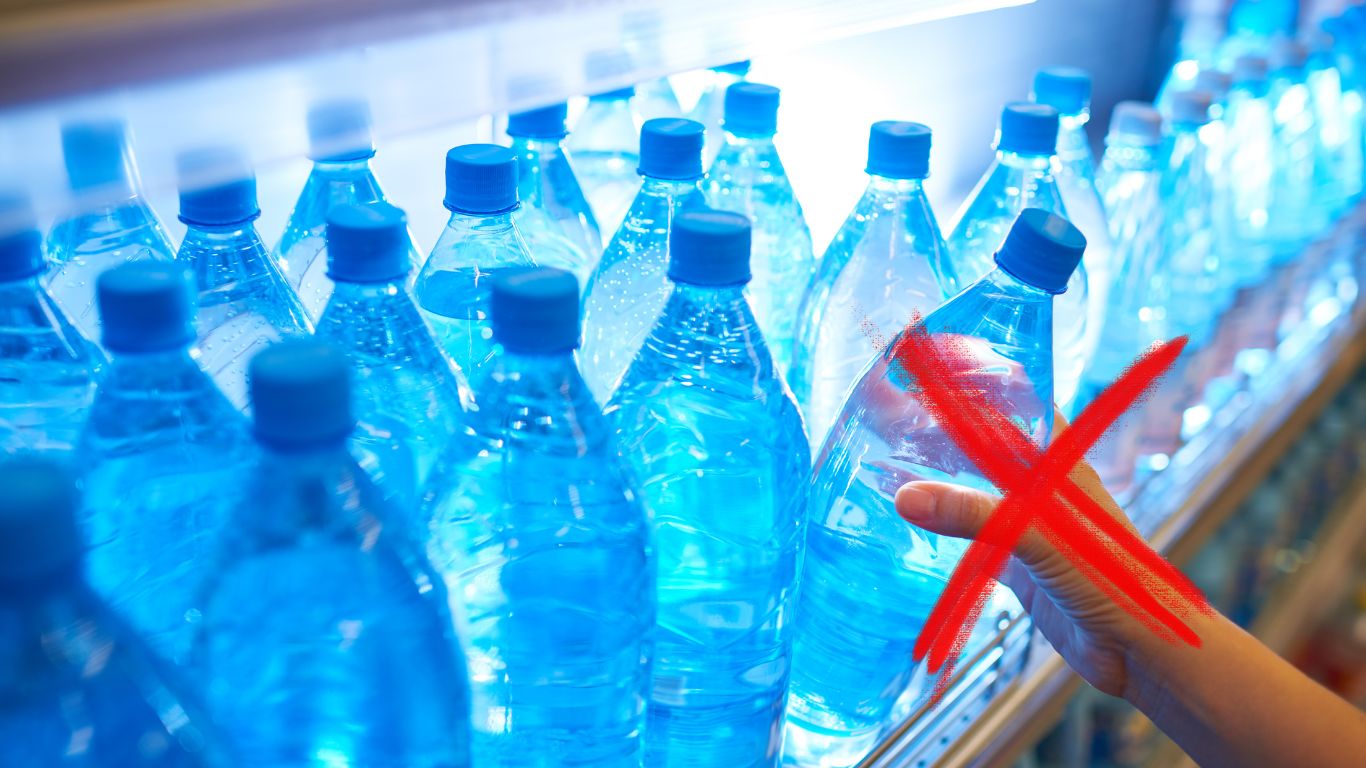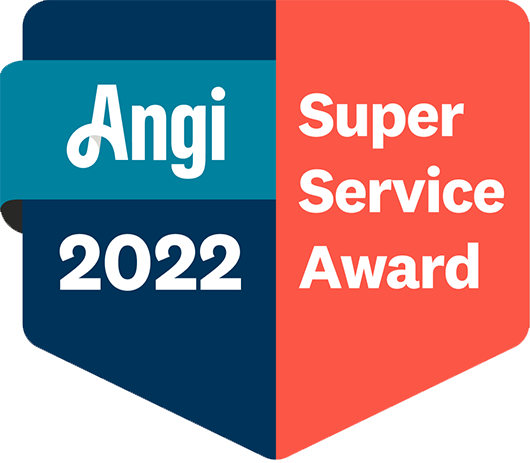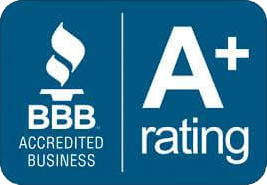In recent years, Long Island has been increasingly proactive in addressing environmental concerns, with a particular focus on reducing plastic pollution. One significant contributor to this issue is the excessive consumption of bottled water.
Let’s delve into how innovative solutions are rising to meet this challenge, with water filtration systems at the forefront of revolutionizing our hydration habits while substantially curbing plastic bottle waste.
Understanding the Plastic Bottle Waste Crisis
The scale of the plastic bottle waste crisis is staggering. According to data from the Environmental Protection Agency (EPA), Americans alone throw away approximately 35 billion plastic bottles every year. On Long Island, this translates to millions of bottles ending up in landfills or polluting our coastal waters, posing a severe threat to local ecosystems and marine life.
Mitigating Plastic Waste Through Water Filtration Systems
Buying water in plastic bottles is not only a poor environmental choice, it’s also expensive. The average Long Island household spends anywhere from $800 to $1,500 a year on bottled water alone. The better alternative is to install a water filtration system: You’ll not only save on the cost of bottled water, but you’ll also get the benefit of reduced plastic waste that harms the environment. And you’ll get cleaner and healthier water than you would with even bottled water!
The Benefits of Water Filtration Systems
Switching to water filtration systems instead of bottled water can save around 250 plastic bottles per person annually, that’s roughly 1,000 bottles a year for a family of four! This reduction in plastic waste has significant environmental benefits for Long Island, helping to alleviate landfill overflow and protect local ecosystems. Additionally, widespread adoption of filtration systems by households, businesses, and communities contributes to a cleaner, healthier, and more sustainable future.
Water filtration systems ensure that you have access to clean and safe drinking water at all times. By removing contaminants such as chlorine, lead, bacteria and industrial contaminants, these systems will also protect your health and well-being.
With a water filtration system installed in your home or office, you’ll never have to worry about running out of bottled water again. Clean drinking water is available at the turn of a faucet, making hydration easy and convenient.
While there may be an initial investment in purchasing and installing a water filtration system, it quickly pays off in the long run. With no need to purchase bottled water regularly, households and businesses can save money while also reducing their environmental footprint.
Consider an Under-the-Sink Reverse Osmosis System
So, if you want to get your water quality on par or (in most cases) better than your average bottled water, we recommend considering an under-the-sink Reverse Osmosis (RO) system. RO is a vital component in ensuring the purity and quality of drinking water. It works by forcing water through a semi-permeable membrane, effectively removing impurities, contaminants, and even some minerals, leaving you with exceptionally clean and safe drinking water.
RO is a multi-stage process that purifies water, making it clean, safe, and delicious. Most Reverse Osmosis systems consist of three or four filtration stages, including a specialized RO filter. Talk to us about installing a reverse osmosis system today!
Get Cleaner Water and Help the Environment with Simply PURE
Elevate your commitment to sustainability with Simply PURE Water Filtration, Inc. Our cutting-edge filtration systems offer more than just clean, purified water—they represent a tangible step towards a greener future. By choosing Simply PURE, you’re not just investing in superior water quality; you’re actively reducing plastic bottle waste and minimizing your environmental impact. Say goodbye to single-use plastics and hello to sustainable hydration solutions. Act now and reach out to Simply PURE Water Filtration to discover more about our innovative filtration solutions and join us on the path to a sustainable future. Make the choice for Simply PURE Water Filtration, Inc. and embrace a greener, healthier way forward.
About Simply PURE Water Filtration Services
Living in and serving the Long Island community, we strive to make sure everyone has access to clean, healthy water. We have the experience, knowledge, and industry-leading technology to provide clean water solutions for water impurities, contaminants, hard water, bad tasting/odors, well water, acidity & pH regulations.
Proud members of the WQA (Water Quality Association), and the EWQA (Eastern Water Quality Association), we adhere to strict guidelines and the WQA code of ethics. As a Pentair True Blue Partner and Authorized Distributor of Pentair Products, there’s nothing comparable to the performance, and efficiency of our whole house purification systems, water softeners, neutralizers, whole-house filters, and alkaline reverse osmosis systems for drinking in the convenience of your home.
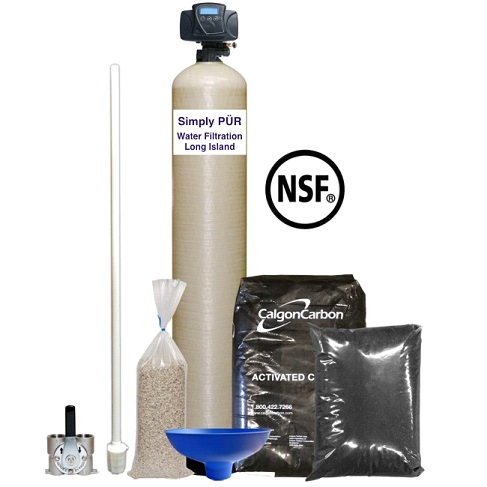
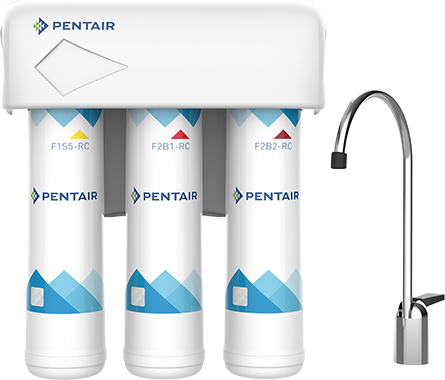
Our products are all NSF / ANSI certified, meeting the highest safety standards and quality performance. Providing our community with only the best experience of high quality water that’s Simply PURE from our family to yours!
Simply PURE utilizes accurate testing methods before and after system installation, as well as annual maintenance of all your water treatment equipment. Our Revolutionary Custom Built Water Treatment systems upon the completion of a Free In-Home Water Analysis, or an in-depth Comprehensive Water Analysis of your choice sent to our Certified Laboratory.

